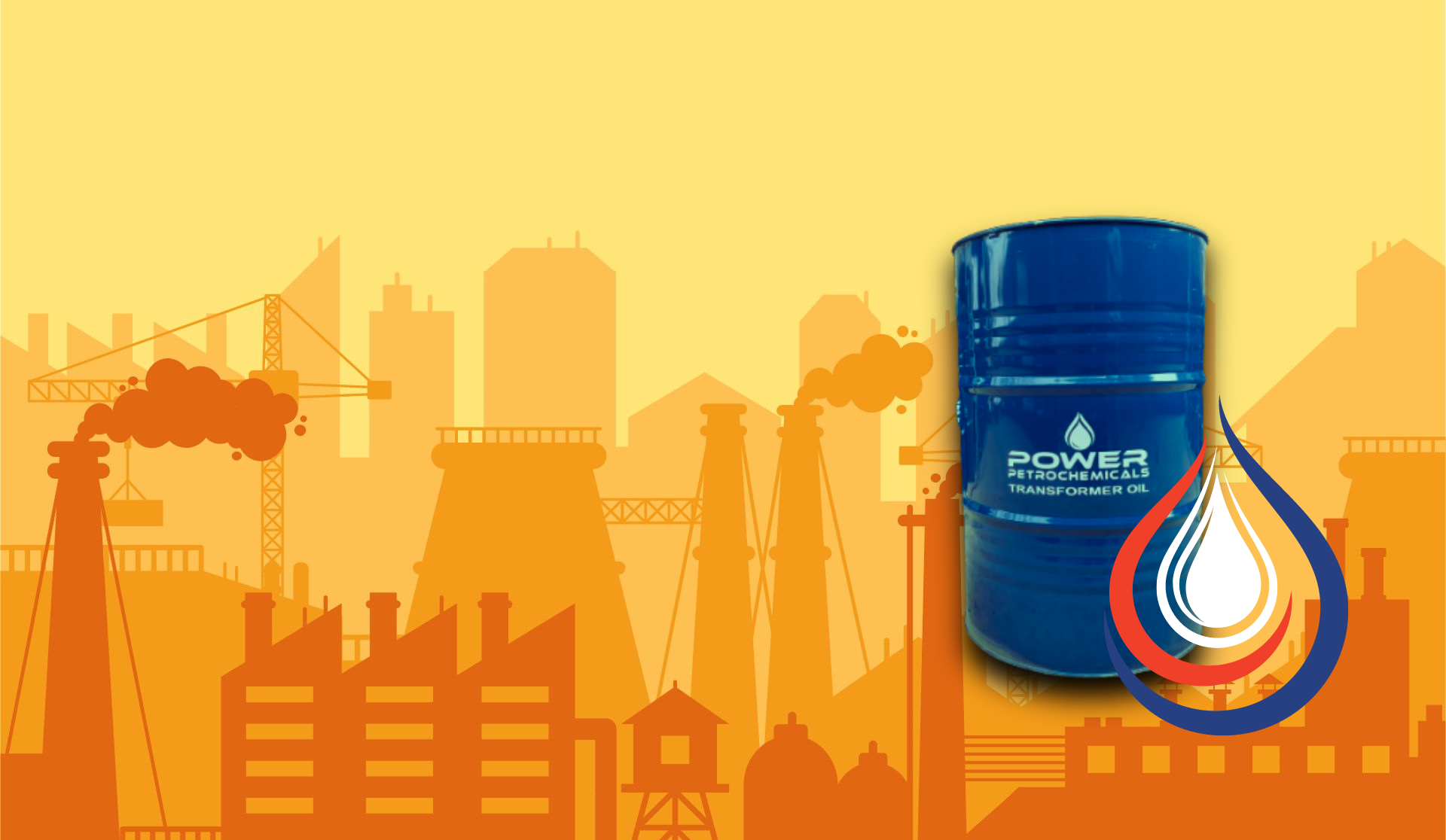
Power Petrochemicals produces variety range of Transformer Oil or Industrial Oils.
Industrial oils play a crucial role in various industries by improving the performance of machinery and equipment while protecting them from damage during operation. Let’s delve into the details:
Viscosity: The most important characteristic of industrial oils is their viscosity. Viscosity refers to how resistant the oil is to flow. A high viscosity index (VI) indicates stability across different temperatures, making the lubricant suitable for extreme conditions1.
Pour Point: This represents the temperature at which the oil continues to flow without freezing. It ensures lubrication even in low-temperature environments1.
Flash Point: The flash point is the temperature at which the oil vapor or oil-vapor-air mixture can catch fire or burn. It serves as an indicator of fire and explosion hazards during storage and transport1.
Now, let’s explore the different types of industrial oils based on their origin and composition:
Natural Oils: These oils come from natural sources without excessive processing. Examples include oils derived from animal fats and vegetables (such as rapeseed and castor oils). However, natural oils are unstable in oxidative and thermal environments, making them unsuitable for machine lubrication1.
Mineral Oils: These lubricants are obtained from petroleum products extracted from oil wells. Mineral oils consist of hydrocarbons (organic compounds with hydrogen and carbon). They are commonly used due to their stability and availability1.In summary, industrial oils are specially formulated substances that reduce friction, heat, and wear between moving parts in various industrial applications2. Companies choose the right type of oil based on their specific machinery requirements and operating conditions
